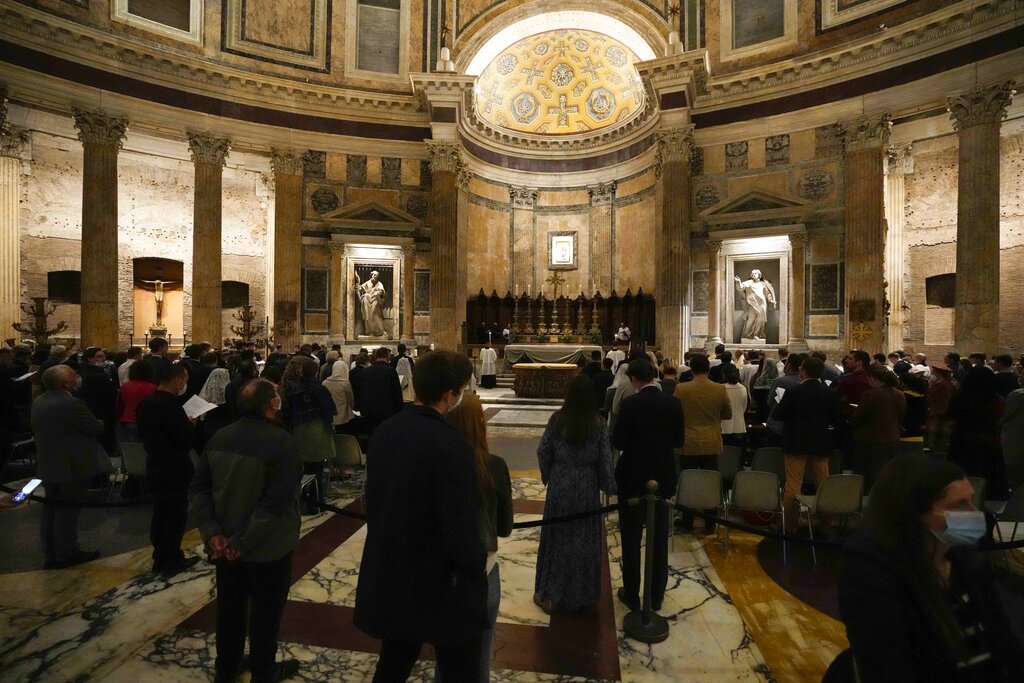Renowned American theologist Peter Kwasniewski appealed with UNESCO to declare the Traditional Latin Mass (also called the Tridentine Mass) to be a world and intangible human cultural heritage. Through this effort, he believes that the rare form of Mass would have a legally and globally recognized status, which could help save it from extinction.
According to the 2003 UNESCO Convention, intangible cultural heritage concerns “the practices, representations, expressions, knowledge, skills — as well as the instruments, objects, artifacts and cultural spaces associated therewith — that communities, groups and, in some cases, individuals, recognize as part of their cultural heritage.”
This category includes prayers, songs, rituals, customs, and oral traditions. They comprise the collective memory of communities and strengthen the identity of those who practice them.
Their preservation is powerful method for maintaining cultural diversity in the face of progressing globalization. They are also a chance to enrich intercultural dialogue and an encouragement to respect different traditions.
Kwasniewski is of the opinion that the Traditional Latin Mass fulfills all of the criteria of UNESCO’s decision.
The American theologist believes that we are living in such times that the United Nations may be more efficient in defending the Traditional Latin Mass than the Vatican. This is a response to the “Traditionis custodes” motu proprio announced in July 2021 by Pope Francis, which severely restricted the ability to conduct the Traditional Latin Mass. A significant number of commentators are even of the opinion that the motu proprio has sentenced the Mass to gradual extinction.
No matter how we evaluate the American theologist’s arguments and the chances of success of his initiative, it is some sort of testament of today’s times and of the current atmosphere in the Church, which is defined by confusion, chaos, marginalization and the feeling of losing axioms.





